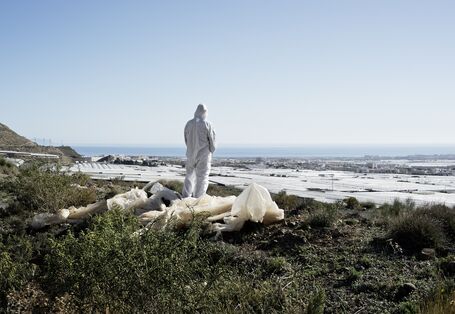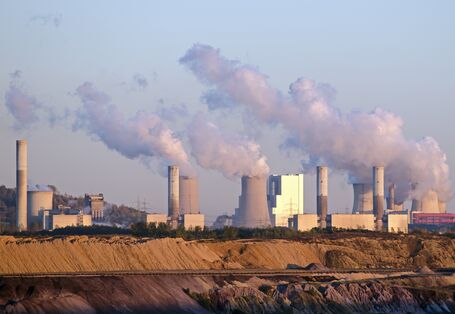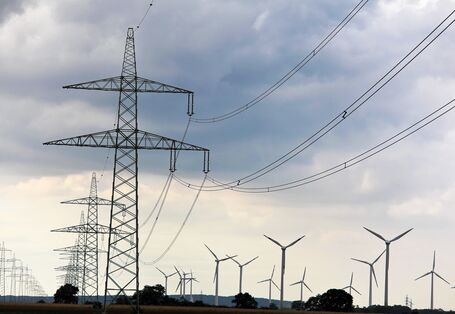Press
Press releases
277–288 of 728
Plant-based meat substitute with best environmental performance

Meat substitute products such as vegetarian sausage, schnitzel or meatballs are becoming increasingly popular in Germany. A study entitled "Meat of the Future" by the German Environment Agency examines the effects which meat substitutes have on the environment and health and what role they could play in a future diet.
ZERO WASTE

Waste is everywhere: in the Great Pacific garbage patch, as fine particular matter in the air, or as microplastics in the food chain. The group exhibition Zero Waste showcases international positions in contemporary art that point out the urgency to save resources, consume less, and live more sustainably. Zero Waste is on display at the MdBK Museum of fine arts in Leipzig from Jun 25 til Nov 8.
Air in cities becoming cleaner: number of cities above NO2 limit down by half in 2019

The German Environment Agency has published the final data for 2019 on nitrogen dioxide (NO2). The data show that only 25 cities exceeded the annual mean NO2 limit value of 40 micrograms NO2 per cubic metre of air (µg/m³), compared to 57 cities in the previous year.
Clean bathing waters, but the fun has its limits

In the 2019 bathing season, the EU Commission rated 93% of all German bathing water sites 'excellent'. Overall, 98 percent of bathing waters in lakes, rivers and on the coast were in compliance with the quality standards of the European Bathing Water Directive. This data is confirmed by the Quality of Bathing Water data published by the EU Commission on 8 June for the 2019 bathing season.
Asbestos in buildings still a problem

Several million buildings in Germany built or refurbished before October 1993 may still contain asbestos today. A new guideline offers advice, especially to non-specialists, on what to consider when planning renovation and DIY work.
Emissions trading: German installations generated 14 percent less CO2 emissions in 2019

The 2019 emissions of the roughly 1,850 stationary installations in Germany recorded in the European Emissions Trading System (EU-ETS) amounted to around 363 million tonnes of carbon dioxide equivalents (CO2eq). This is a 14-percent decrease compared to the previous year.
Emerge more sustainable from the coronavirus pandemic

German Environment Agency enhances its air quality app

The "Luftqualität" air quality app by the German Environment Agency now also features ozone forecasts. The app can display expected ozone levels for the current and two following days. An automatic alert can be activated to notify the user if high levels of ozone are expected within the next 24 hours.
National alliance champions more use of the bio-bin

May 11 2020 marks the launch of this year's "Biowaste Bin Campaign” (Aktion Biotonne Deutschland). The initiative supports municipalities in providing waste disposal advice at local level. Private households in Germany are to improve the separate collection of biowaste for energy recovery or use as fertiliser.
Employment numbers in environmental protection sector rising steadily

Some 2.8 million people in Germany were employed in the environmental protection sector in 2017, says a recent report by the German Environment Agency (UBA). The importance of environmental protection for the labour market has continued to grow in recent years. In 2010, 5.9 percent of the labour force was employed in the environmental protection sector, rising to 6.4 percent in 2017 .
Federal contest prize for environmental building: "UMWELT & BAUEN"

Due to the present circumstances, the deadline for the first-ever federal environmental building award called "UMWELT & BAUEN" has been extended. Contestants now have until 22 May 2020 to submit project entries.
CO2 emissions per kilowatt hour of electricity in further decline in 2019

The specific CO2 emission factor of Germany's electricity mix continues to be on the decline, say the latest calculations done by the German Environment Agency (UBA) for 2019. The main relevant factors which contributed to this were increased electricity generated from renewables and less from coal firing as well as prices in emissions trading.